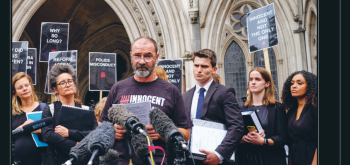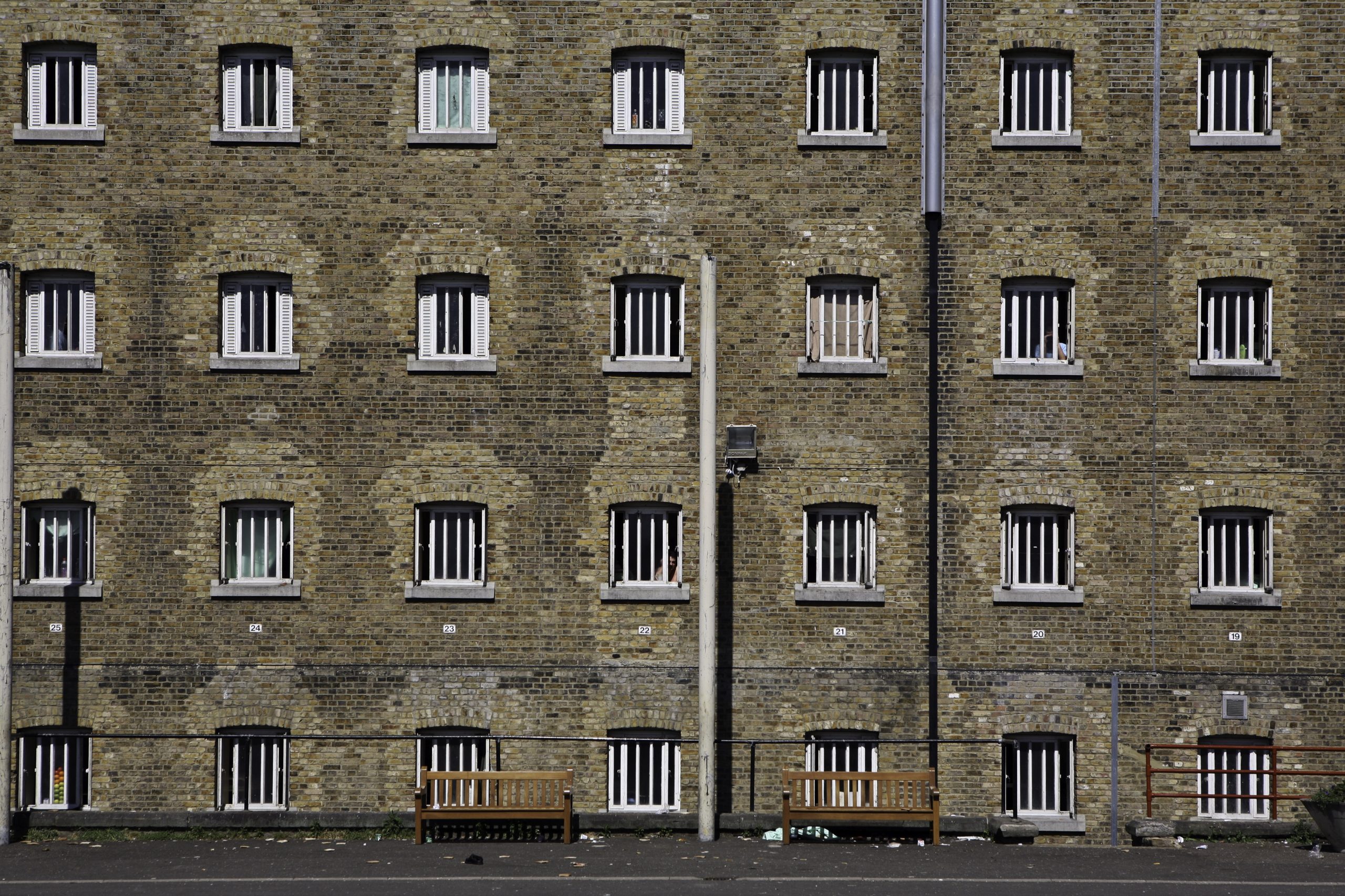Yesterday the European Court of Human Rights (ECHR) made a judgment on the case of James, Well and Lee v. the United Kingdom – one current and two former IPP prisoners, writes Sophie Barnes.
These prisoners received IPPs (Indeterminate sentence for Public Protection) in 2005 with tariffs of two years (Brett James), 12 months (Nicholas Wells) and nine months (Jeffrey Lee). The Court held unanimously that there had been a violation of Article 5(1) (right to liberty and security) and by six to one that there had been no violation of Article 5(4) (the right to have the legality of detention decided quickly by the court).
- Sophie Barnes is a journalist interested in human rights issues. She recently graduated from the investigative journalism masters course at City University. You can read her earlier article on IPPs HERE.
‘The underlying problem with IPP sentencing has been a lack of resources leading to high numbers of prisoners stagnating in the system. While the concept of public protection is an important one; the costs to the taxpayer of this sentence have been immense. It is estimated that an IPP prisoner costs on average £40,000 per year to imprison. There are currently about 6,500 such prisoners in the system, 3,500 of whom are over tariff.’
Mike Pemberton, a partner at Stephensons Solicitors LLP who represented Jeffrey Lee
All three prisoners were ordered to complete particular rehabilitative courses before they could secure release. However, by the time their tariff dates had arrived they had not been transferred to the relevant prisons that offered these courses due to a ‘lack of resources’. They were eventually transferred to suitable prisons many months after the expiry of their tariffs. Specifically, five months after for James, 21 months for Wells and 25 months for Lee.
The ECHR focused on the importance of access to rehabilitation if prisoners were going to be locked up in order to protect the public. They looked at the previous judgments and the statements made by then Minister of State at the Home Office, Baroness Scotland of Asthal, during the parliamentary debate concerning the original legislation regarding indeterminate sentences. They noted that ‘a real opportunity for rehabilitation was a necessary element of any part of the detention which was to be justified solely by reference to public protection.’
The key point the judgment made was that access to rehabilitative courses for IPP prisoners was an arbitrary process, with no clear system in place for moving these offenders through the system and without a focus on enabling offenders to demonstrate an improvement in their offending behavior.
Comprehensively unresourced
The judgment referred to previous statements issued by Lord Judge in the appeal case before the House of Lords. Lord Judge made reference to ‘seriously defective structures’, which resulted in a backlog of prisoners, who had gone over their tariffs, waiting to complete mandatory courses before they could secure release. He also said that the new sentencing provisions regarding indeterminate sentences were ‘comprehensively unresourced’.
This suggests that the previous Labour government introduced these sentences without thinking through the logistics of implementing them.
Perhaps the most damning statement Lord Judge made was that many prisoners were detained ‘without the question either of their rehabilitation or the availability of up to date, detailed information about their progress’. However, the Court still ended up dismissing the case because it said that, despite the lack of access to courses, the correlation between the grounds for detention and the length of detention itself was still clear. In other words, despite the delay the prisoners experienced due to a lack of resources, the Court felt that the actual time served adequately reflected the original sentence.
The judgment also noted the length of time the three prisoners in question were left without access to rehabilitative processes. Two of the prisoners were kept for two and a half years in prisons where they had limited or no access to offending behaviour programmes, despite being told when receiving their sentences that they had to complete a number of these programmes before being considered for release. One of the plaintiffs, Lee, was two years and ten months over his tariff before it was recommended that he be moved to a prison that offered the necessary course.
The court held that the United Kingdom was to pay James €3,000, Wells €6,200 and Lee €8,000 in respect of non-pecuniary damage. For costs and expenses, the applicants were awarded €12,000, each.
How this judgment affects the 6,000 prisoners who are currently serving IPPs in England and Wales remains to be seen. IPP sentences have now been abolished as part of the Legal Aid, Sentencing and Punishment of Offenders (LASPO) Act but currently this will not be applied retrospectively, leaving 6,000 prisoners effectively in limbo.











